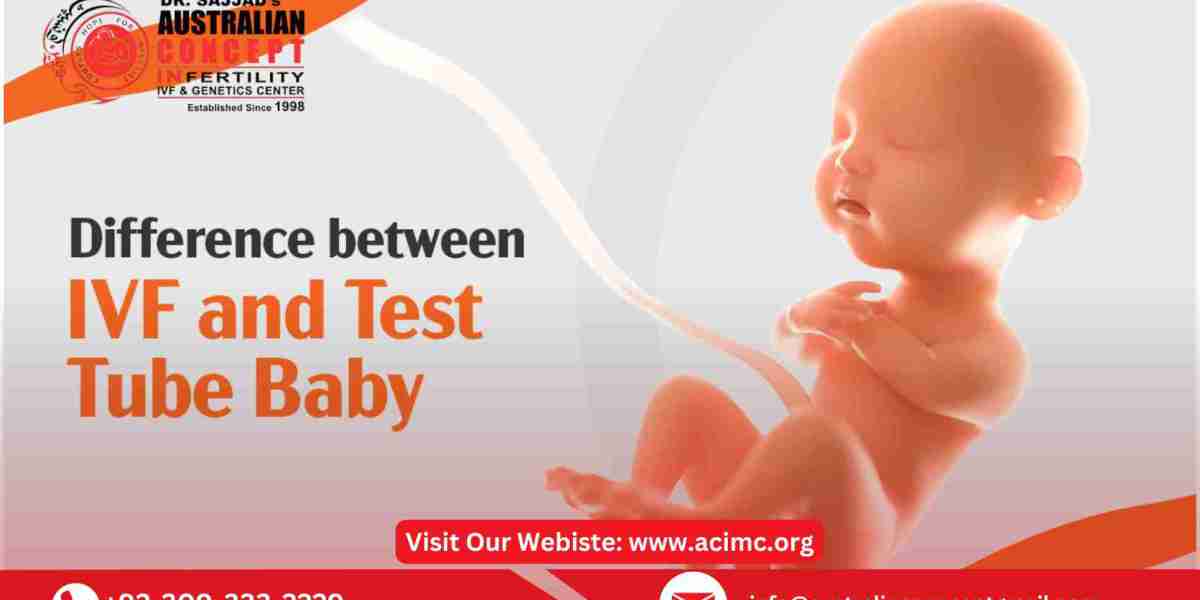In the world of fertility treatments, the term "test tube baby" is often used to describe babies born through in vitro fertilization (IVF). While the name suggests something out of the ordinary, many people wonder if a test tube baby is genetically different from babies conceived naturally. Let's dive into this question and explore the truth behind it.
What is a Test Tube Baby?
A test tube baby is a term used for a baby conceived through IVF, where the sperm and egg are combined outside the body in a laboratory setting. After fertilization, the embryo is implanted into the mother's uterus. The process allows couples who face fertility issues to have a chance at parenthood. But despite its name, the term "test tube" is somewhat misleading, as IVF does not take place in a test tube but rather in a controlled laboratory environment.
Genetic Makeup of a Test Tube Baby
A test tube baby is no different genetically from a baby conceived naturally. The key difference lies in how the conception occurs, not the genetic makeup of the child.
During IVF, eggs are retrieved from the woman's ovaries and fertilized with sperm in the lab. Once fertilization occurs, the resulting embryo is transferred into the woman's uterus to develop as a typical pregnancy. The sperm and egg used in IVF come from the intended parents (unless sperm or egg donation is involved), meaning the baby will inherit their genetic traits.
Myths about Test Tube Babies
There are many myths surrounding test tube babies, with some people mistakenly believing that these babies are genetically altered or differ in some way from naturally conceived children. In reality, IVF does not alter the genes of the baby. The child inherits genetic material from the sperm and egg, just as in any natural pregnancy.
One common misconception is that IVF might lead to children with abnormal genetic traits. However, IVF is a carefully controlled process. In some cases, additional genetic testing (like PGT-A) is done on embryos before implantation to ensure the best possible outcome for both mother and child. This testing helps detect any genetic conditions, but it doesn't change the genetic makeup of the baby.
The Role of Genetics in IVF
While the test tube baby process itself does not change the baby's genetic makeup, IVF can be used in combination with other techniques to help prevent genetic disorders. For instance, preimplantation genetic testing (PGT) allows doctors to screen embryos for certain genetic conditions before implantation. This ensures that only embryos without harmful genetic mutations are chosen for transfer.
In cases of egg or sperm donation, the child’s genetic makeup will be influenced by the donor. However, the baby’s genetic material will still come from the egg and sperm used in the process, and this is not a result of the IVF method itself.
Conclusion
A test tube baby is genetically no different from a naturally conceived child. The process of IVF in Lahore allows for external fertilization, but the genetic material inherited by the baby remains the same, whether the baby is conceived naturally or through IVF. IVF is simply a tool to help those who face infertility challenges, and it does not alter the genetics of the child. So, while the procedure may seem extraordinary, the genetic link between parent and child remains unchanged.
If you're considering IVF and have concerns about the process or genetic inheritance, it's always a good idea to speak with an infertility specialist to understand the procedure and your options in more detail.













